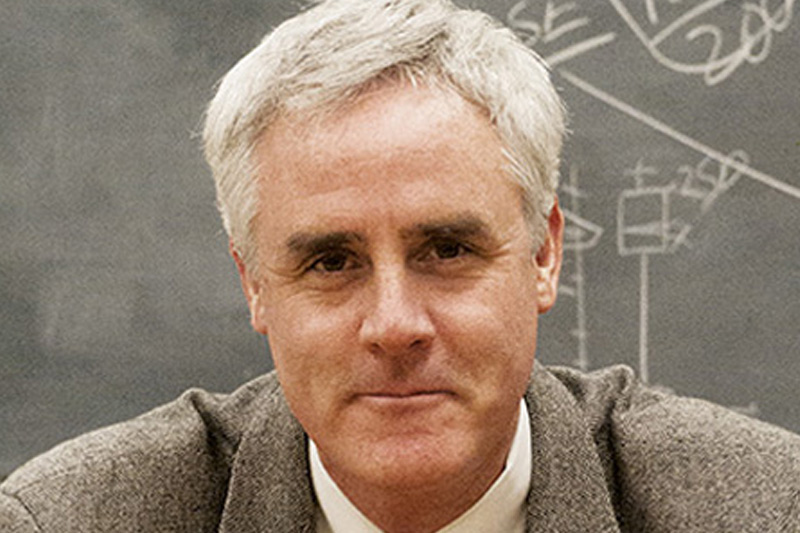Creating better training around diversity and safe restraining procedures won’t make any significant impact on police brutality, writes Peter T. Coleman in The Hill. Such standard official responses to events like the police killing of George Floyd in Minneapolis are woefully inadequate to bring about “change of the magnitude needed to transform deep-seated cultures of bias, discrimination, profiling and abuse at institutions like large urban police departments,” asserts Coleman, Professor of Psychology & Education and Director of TC’s Morton Deutsch International Center for Cooperation and Conflict Resolution.

Peter T. Coleman, Professor of Psychology & Education and Director of TC’s Morton Deutsch International Center for Cooperation and Conflict Resolution (MD-ICCCR) (Photo: TC Archives)
The real problem, in Coleman’s view is “a constellation of individual, group, organizational and societal-level elements” that drive “deep-seated cultures of bias, discrimination, profiling and abuse.” In the face of such obstacles, “training only works when combined with other structural initiatives, like instituting effective, transparent systems of accountability and oversight, carefully reviewing formal and informal incentives and establishing joint community-police opportunities for meaningful contact and relationship building.” Coleman also calls for ongoing vigilance focused on “the main drivers of these patterns — the most key individuals, structures and incentives that encourage them.”
Training only works when combined with other structural initiatives, like instituting effective, transparent systems of accountability and oversight.
— Peter T. Coleman
Above all, these changes need to be set in motion soon. “Brief periods of revolutionary upheaval...are brought on by dramatic events” such as the Floyd murder, he notes. “The recent disturbances are presenting us with clear feedback on how our law enforcement systems are functioning — or malfunctioning — and with a new window of opportunity for substantive change. It’s time to take it seriously.”
[Read the full text of Coleman’s piece in The Hill.]
